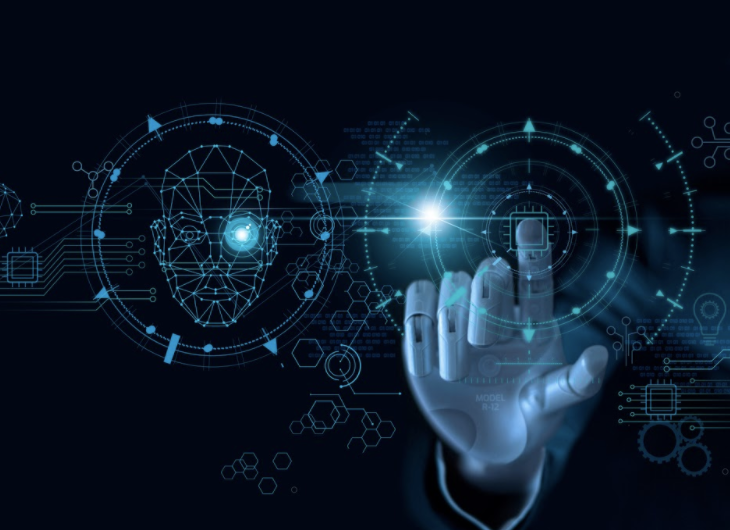Artificial intelligence was once nothing more than a futuristic ideal. However, it has made its way into the real world over the past several years. Everything from Google’s search algorithm to automated online chat boxes on eCommerce sites utilize artificial intelligence technology.
Artificial intelligence involves the design and construction of machines that are able to behave intelligently and adapt to changing situations. Humans have developed artificial intelligence in order to benefit themselves and the world at large. However, there are many people who are concerned about the potential dangerous effects of artificial intelligence as AI tech continues to develop and advance.
When you think of the dangers of artificial intelligence, the first thing to come to mind is most-likely to be something along the lines of a sentient killer robot. However, this outcome is actually not the most-likely scenario. Instead, more subtle but still serious potential consequences of the development of artificial intelligence are much more likely.
So what are the real risks of artificial intelligence and its rapid development? Are these risks actually a concern, or are they based in fear rather than in scientific data? Here are 3 realistic risks of artificial intelligence that scientists and experts in the field agree are already problematic or could become major issues within the next few years.
1. Social Discrimination
One of the biggest real risks of advancing artificial intelligence is the potential for discrimination against certain groups of people that these advanced machines may allow. As artificial intelligence continues to advance, machines gain heightened abilities to collect, track, and analyze many different types of data.
This advancement in data collection and analysis abilities could give governments more power to discriminate against certain groups of people. China has already outlined its plans for a social credit system. This system will give every Chinese citizen a personal score based on their day-to-day behaviors. These behaviors include whether or not they jaywalk and how much time they spend on average playing video games.
This and similar social grading systems could very easily lead to discrimination against certain people for inconsequential “misbehaviors”. This could in turn prevent people with low personal scores from getting loans, finding employment, etc.
2. Privacy Invasion
Privacy invasions as a result of artificial intelligence are already a reality. In fact, many people remain blissfully unaware of just how much data their smartphones, tablets, and laptops collect from them on a daily basis using artificial intelligence.
Think of personalized ads based on your personal browsing history and advanced facial recognition systems. These are just a couple of the AI-powered realities of the modern world that make many experts fear that the end of privacy is already here.
3. Autonomous Weapons
Another serious risk of artificial intelligence is the creation of autonomous weapons using AI technology.
As artificial intelligence begins to make its way into cars on the road, airplanes, and power grids, the potential for the use of artificial intelligence technology in the creation of lethal autonomous weapons grows much more likely.
Whether or not these AI-powered autonomous weapons ever come to be will depend on where people and governments decide to draw the line on how they choose to utilize artificial technology.
The continuous advancement of artificial intelligence is a widely-debated topic. No one can be sure exactly how the rapid development of artificial intelligence will affect society as a whole. For now, though, most people agree that its benefits in society definitely outweigh its disadvantages.
However, it is very important that experts in the industry keep a watchful eye on artificial intelligence tech as it continues to develop in order to keep its impact on society beneficial rather than disastrous.

